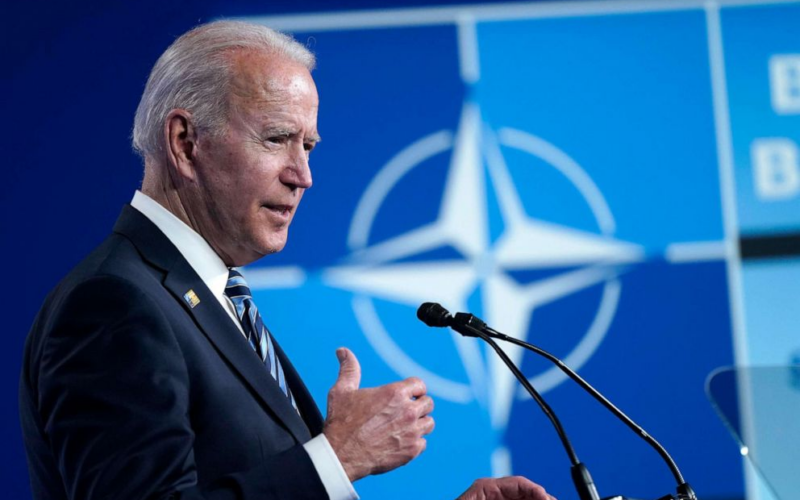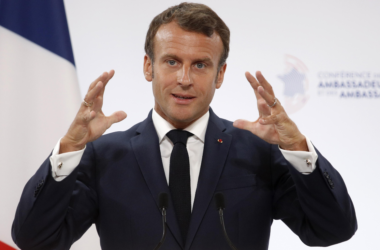The Democratic Party is facing a critical juncture as fallout from President Joe Biden’s recent debate performance continues to reverberate. This week’s NATO summit in Washington, DC, has the potential to shape the future of Biden’s candidacy and even his presidency. The coming days could be historically consequential, with significant announcements expected on Ukraine and the revelation of Donald Trump’s running mate, all while Biden fights for his political survival.
Biden’s recent debate performance, widely seen as disastrous, has cast doubt on his ability to continue as the Democratic candidate. Despite publicly asserting his intention to remain in the race, behind-the-scenes discussions among Democratic leaders are intensifying. Late on Sunday, party leaders convened to gauge opinions on whether to continue supporting Biden or to urge him to step down.
This week, as Biden hosts the annual NATO summit—the largest of its kind in three decades—all eyes will be on his performance. The summit, attended by leaders from 32 nations, offers Biden a platform to demonstrate his leadership. However, the risks are high. A poor showing could underline concerns about his cognitive abilities, as seen during the G7 meeting and his recent debate performance.
European leaders, already anxious about the possibility of a Trump presidency, are now grappling with “Biden anxiety.” They are hoping Biden’s recent performance was an outlier and not indicative of a new norm. Kristine Berzina of the German Marshall Fund Geostrategy North expressed this sentiment, noting the importance of Biden passing this crucial test to maintain confidence in the US’s reliability as an ally.
Domestically, Biden’s challenge is even more significant. He has highlighted his role in bolstering NATO against Russia, contrasting his leadership with Trump’s and differentiating himself from potential Democratic challengers. The summit is a chance for Biden to showcase these achievements to the American public.
However, merely avoiding gaffes may not be enough to quell the growing calls for his withdrawal from the race. Bill Scher, a liberal pundit, emphasized that the public sentiment against Biden is hardening. Polls indicate that nearly three-quarters of Americans, including a majority of Democrats, believe he should not seek re-election. Despite this, Biden remains defiant, insisting he will continue his campaign.
If Biden can navigate this week without significant missteps, he may manage to stave off immediate pressure. However, his performance at the NATO summit and subsequent press conference will be closely scrutinized. Some speculate that decisions about his future may crystallize by Friday.
Should the pressure become insurmountable, the most dramatic option would see Biden stepping down as both candidate and president, potentially paving the way for Vice President Kamala Harris to assume the presidency and the Democratic nomination. This scenario, while extraordinary, could be the cleanest path forward for the party. Harris would then choose a new running mate, leveraging the existing campaign funds assigned to the Biden-Harris ticket.
Alternatively, Biden could remain president but withdraw from the 2024 race, leading to a potential primary process to select a new candidate. This approach would be fraught with political and financial complications, particularly if it sidelined Harris.
All scenarios carry significant risks for the Democratic Party, shifting focus away from their critiques of Trump and toward internal turmoil. The outcome of this week’s events could profoundly impact the party’s strategy and the broader political landscape heading into the November election.








